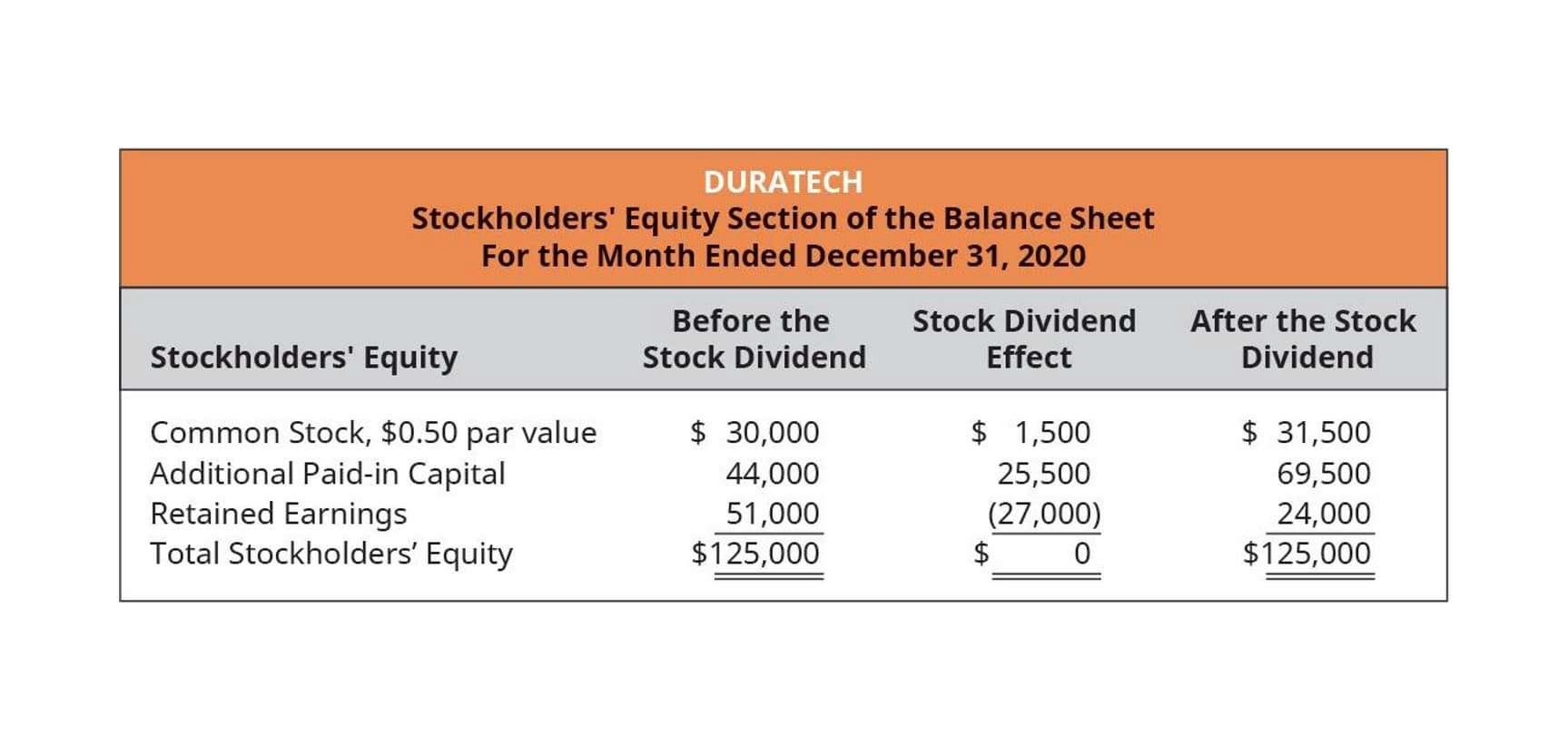Cloud computing makes it possible to store and access financial data through remote servers. In addition, cloud computing offers scalability, allowing businesses to expand their computing resources during busy seasons. These include invoicing, bookkeeping, payroll processing, financial reporting, inventory management, and many more.
Accounting Technologies: The Ultimate Guide
Cybersecurity is now more critical than ever for protecting sensitive financial data in the accounting world. With ransomware becoming increasingly destructive — often combining distributed denial-of-service (DDoS) attacks and system-destroying malware — firms must step up their defenses. Strong employee training, multi-factor authentication (MFA), and reliable backup systems are no longer optional; they’re a necessity.
Business intelligence
As AI becomes intricately integrated with accounting tasks and learns continuously, it automates repetitive accounting processes with increased precision. This enhances accounting processes over time, contributing to increased efficiency and accounting accuracy. In conclusion, the integration of AI in accounting is a journey of transformation, marked by increased efficiency, enhanced capabilities, and a shift towards strategic advisory roles. Firms like EY, KPMG, and Deloitte are leading the way, showing that when harnessed responsibly, AI can be a powerful tool for innovation and growth. This revolution is not just about adopting new technologies; it’s about re-imagining what it means to be an accountant in the 21st century. As firms towards the future, the opportunities are boundless, and the future of accounting shines bright with the promise of AI.
- By facilitating more efficient audits, advanced ML models significantly contribute to accuracy and fraud prevention in modern accounting.
- Without a doubt, remote work is here to stay in the accounting industry and collaboration tools such as Financial Cents will play a major role in ensuring its success.
- It’s “Intuit Assist” is using agents to create invoices, match expenses, generate invoice reminders, convert email exchanges into estimates, invoices and bills and schedule payments.
- The technology’s transparency and traceability features are particularly valuable for international transactions and supply chain finance.
- By hosting AI tools on the cloud, firms can process large volumes of data quickly, access advanced analytics, and deploy solutions that adapt to changing needs without investing heavily in on-premises hardware.
Automated compliance management
In short, some accounting and auditing firms like the Big Four are https://cligsol.taticamarketing.com.br/accounting-software-for-ebay-sellers/ already implementing blockchain technology. In this article, we’ll explore some emerging accounting technology trends that could further revolutionize the industry in 2025 and how you can leverage them to scale your practice. Many of the biggest accounting trends have to do with workplace flexibility and remote options. As companies grow more flexible with their employees, their accounting software must become more flexible to cope. With the rise of generative AI platforms like ChatGPT, automation has gotten a bad wrap over the last few years, but it is integral when it comes to accounting.
Financial
Auditors can quickly review fixed assets financial data, identify potential discrepancies, and assess internal controls to ensure compliance with regulatory requirements and accounting standards. Manual bookkeeping was a labor-intensive process that required significant time and effort to maintain accurate records. Hand-writing each transaction’s record resulted in frequent data entry and processing delays.
- Advanced RPA systems are now being combined with AI to create intelligent automation solutions that can learn and adapt to new data patterns.
- Metrics such as return on equity (ROE) or economic value added (EVA) can be used to evaluate the success of financial strategies.
- AI-driven tools can quickly analyze large volumes of financial data, identifying patterns and anomalies that might go unnoticed by human auditors.
- It will be a marketing trend in 2025 to adopt agile accounting practices with accounting software.
- It’s social posts, videos, sensor information from machinery, web logs, credit card transactions, PDFs, forums, call center recordings, contracts, receipts, invoices…the list is never ending.
Most of us will agree that the costs have been cut by embracing remote work and digital accounting trends and techniques. Because of this, it is even more important for businesses to expand how they search for and hire candidates. “The Practice of Now” by Sage found that 67% of accountants agreed that cloud-based solutions have made their work easier and better.
Data Security
As an example, there are several data analytics software options out there that compile your financial data into some pretty snazzy reports to assist you with your managerial accounting data analytics. In high demand is RPA, one of the more popular of the latest technologies to help companies automate rule-based tasks in accounting and to eliminate manual entry. This shift has expanded the talent pool and improved work-life balance for accounting professionals while maintaining service quality through digital collaboration tools. Virtual collaboration tools and secure digital platforms have made remote accounting services the norm. Firms are investing in technology infrastructure to support hybrid work models while maintaining high service standards.
By leveraging cloud-based platforms, organizations can store and process vast amounts of financial data without the constraints of traditional on-premise systems. This shift enhances data accessibility and promotes real-time collaboration among financial teams. Solutions like Microsoft Azure and Google Cloud enable accountants to work on shared documents simultaneously, facilitating seamless communication and decision-making. Robotic Process Automation (RPA) is transforming the accounting industry by streamlining repetitive, rule-based tasks. In finance, where accuracy and efficiency are paramount, RPA enhances operational productivity. By deploying software robots or “bots,” firms can automate tasks like data entry, invoice processing, and reconciliations, freeing accountants new accounting technology to focus on analytical and strategic responsibilities.
Strategic thinking, client understanding and ethical judgment remain areas where human professionals excel. Instead, AI serves as a tool to handle repetitive tasks, freeing up time for accountants to strengthen client relationships and add greater value to their firms. In the UK, AI is expected to contribute £2 billion to GDP, with firms adopting it likely to see revenue grow three times faster than those that don’t.




